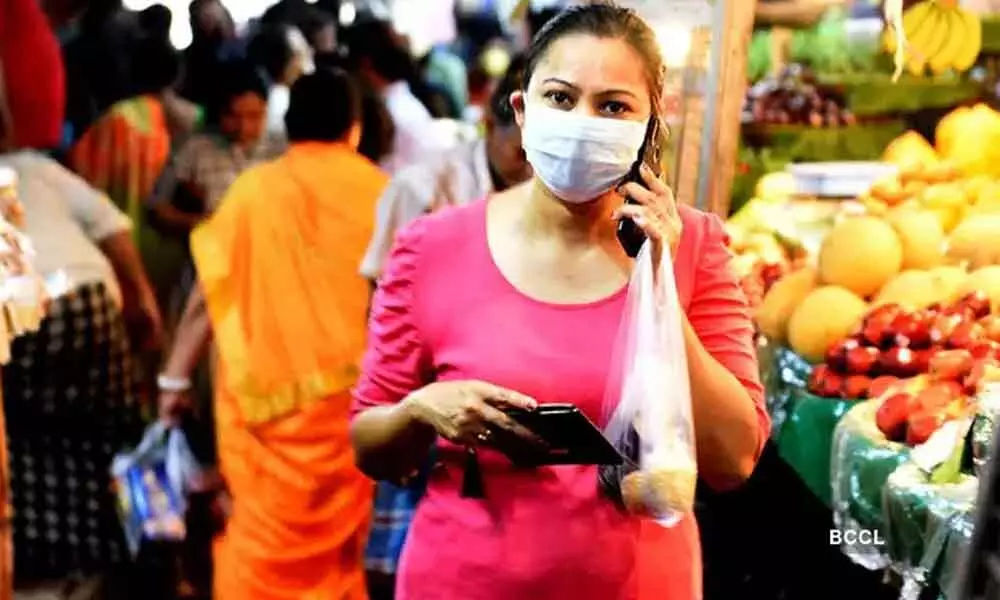COVID-19 Lockdown: Challenges of Online Delivery Chains
 Representational Image
Representational ImageOne of the biggest challenges during the lockdown period, is to get the online supply chain through to the last point, in a vast country such as ours.
One of the biggest challenges during the lockdown period is to get the online supply chain through to the last point, in a vast country such as ours. Online grocery giants have complained of problems in getting supplies delivered. In many cases, trucks with supplies have been stopped and drivers held, the head of one online chain told a prominent media network. He cited the instances of at least two cities where delivery persons were not only detained and vehicles seized, but also beaten by the cops.
Most online giants complained of major disruptions in the last-mile supply of food and grocery items. Though the items in question are among those exempted, they are facing problems from local authorities, was the common refrain. In a chain reaction, door delivery of food and grocery items got disrupted in several parts of the country.
Delhi was among the first off the mark in putting a mechanism in place, as assured by the chief minister, Arvind Kejriwal. NOIDA, Gurugram and Ahmedabad have also reportedly been proactive in setting up systems for home delivery. Other states have been lagging behind, with lack of clarity on the banned items and exemptions The Centre and state governments have promised to iron out these issues and put proper mechanisms in place.
Daily wage labourers are also among the worst-hit. They have been left high and dry with very little to back them up. The government needs to intervene with a relief scheme to save people who are trapped between COVID-19 on the one hand, and abject starvation on the other. In a relief to this segment, it was reported that the government is finalising an economic package which would include targeted money transfer to those in the unorganised sector, including daily wage workers.














